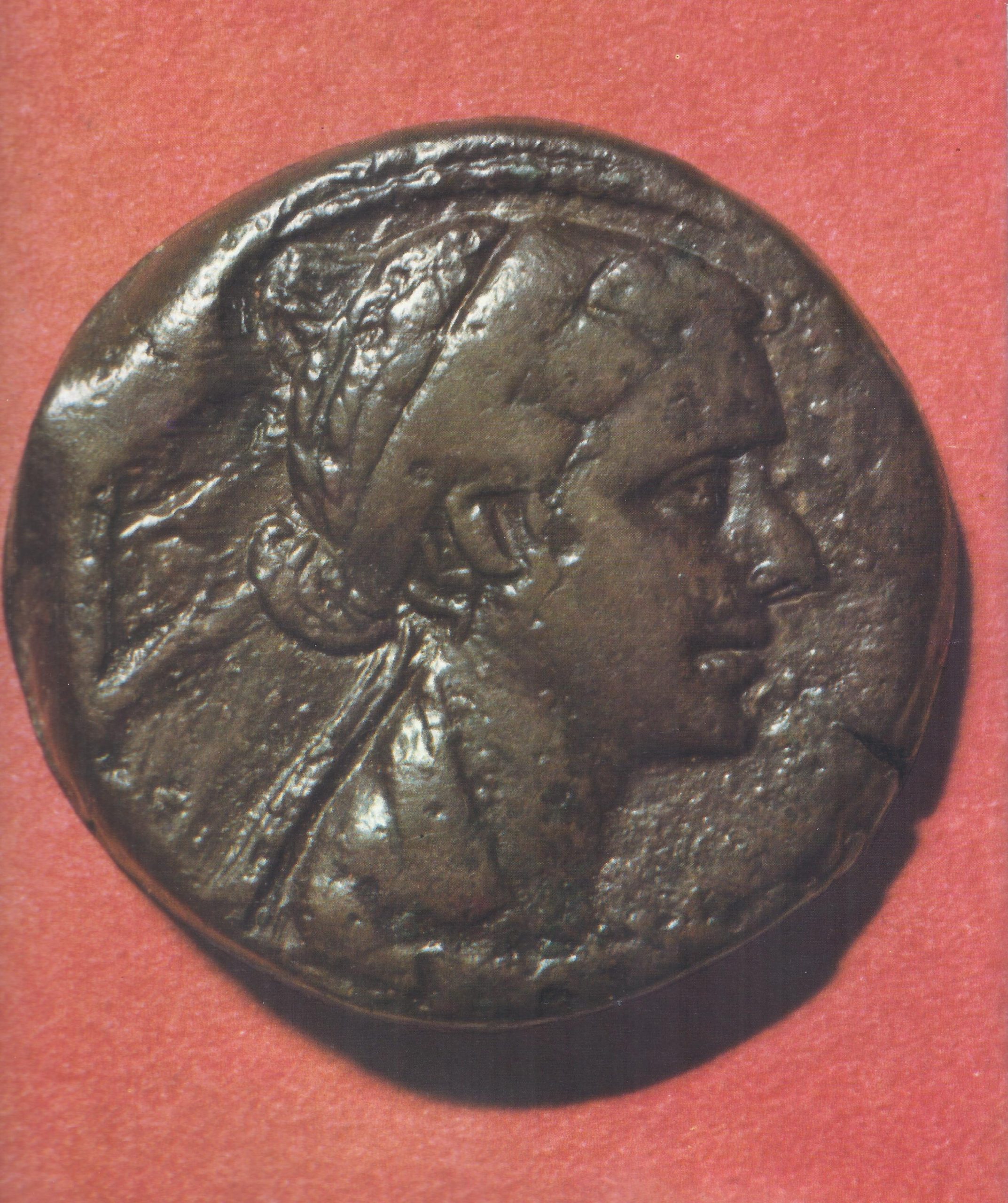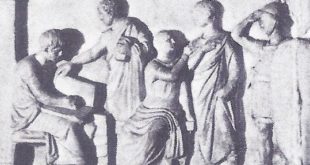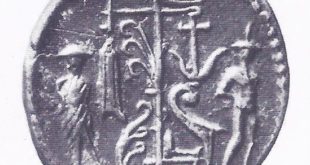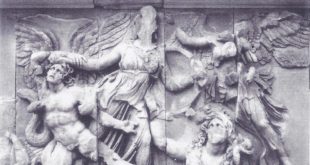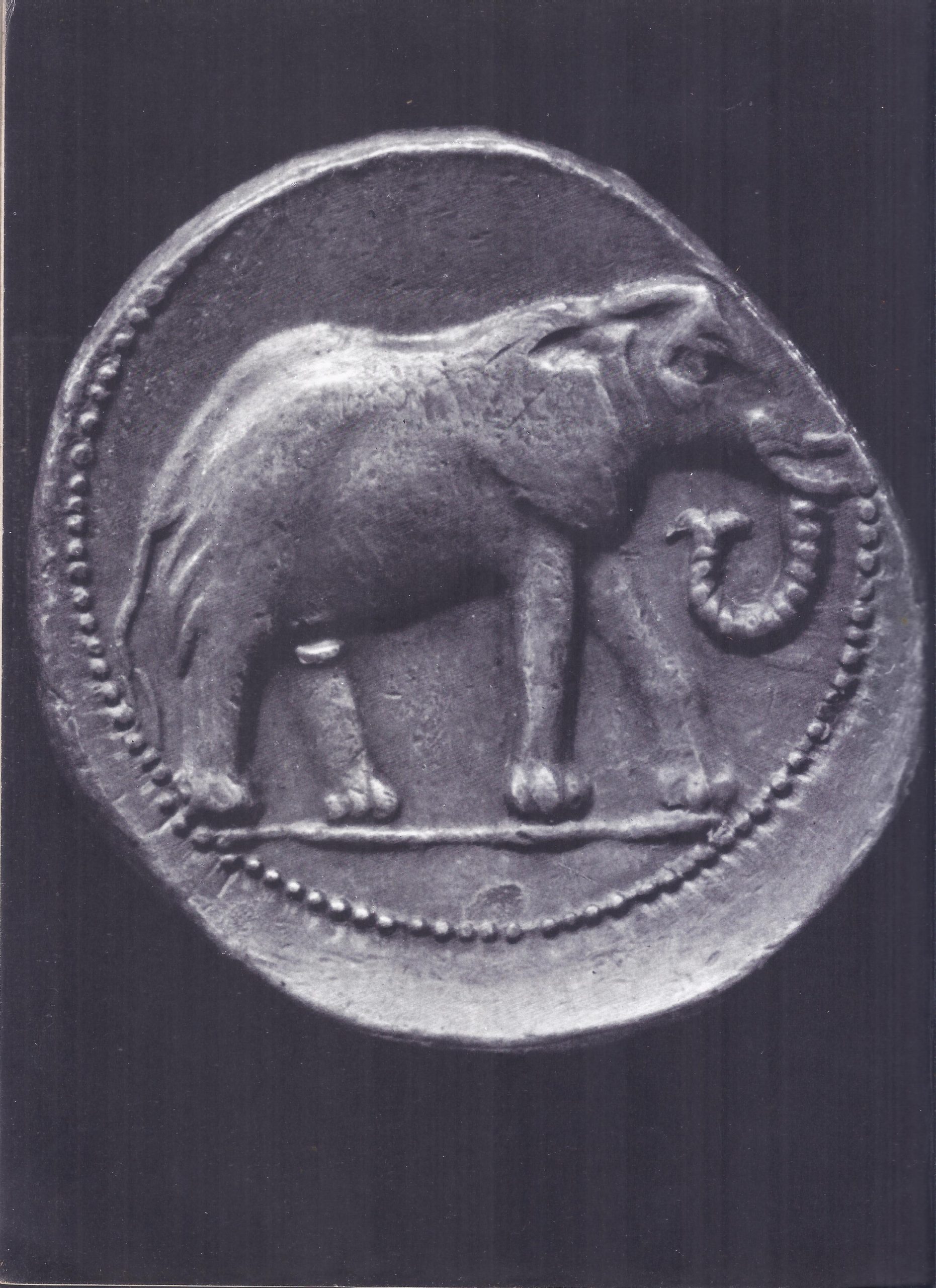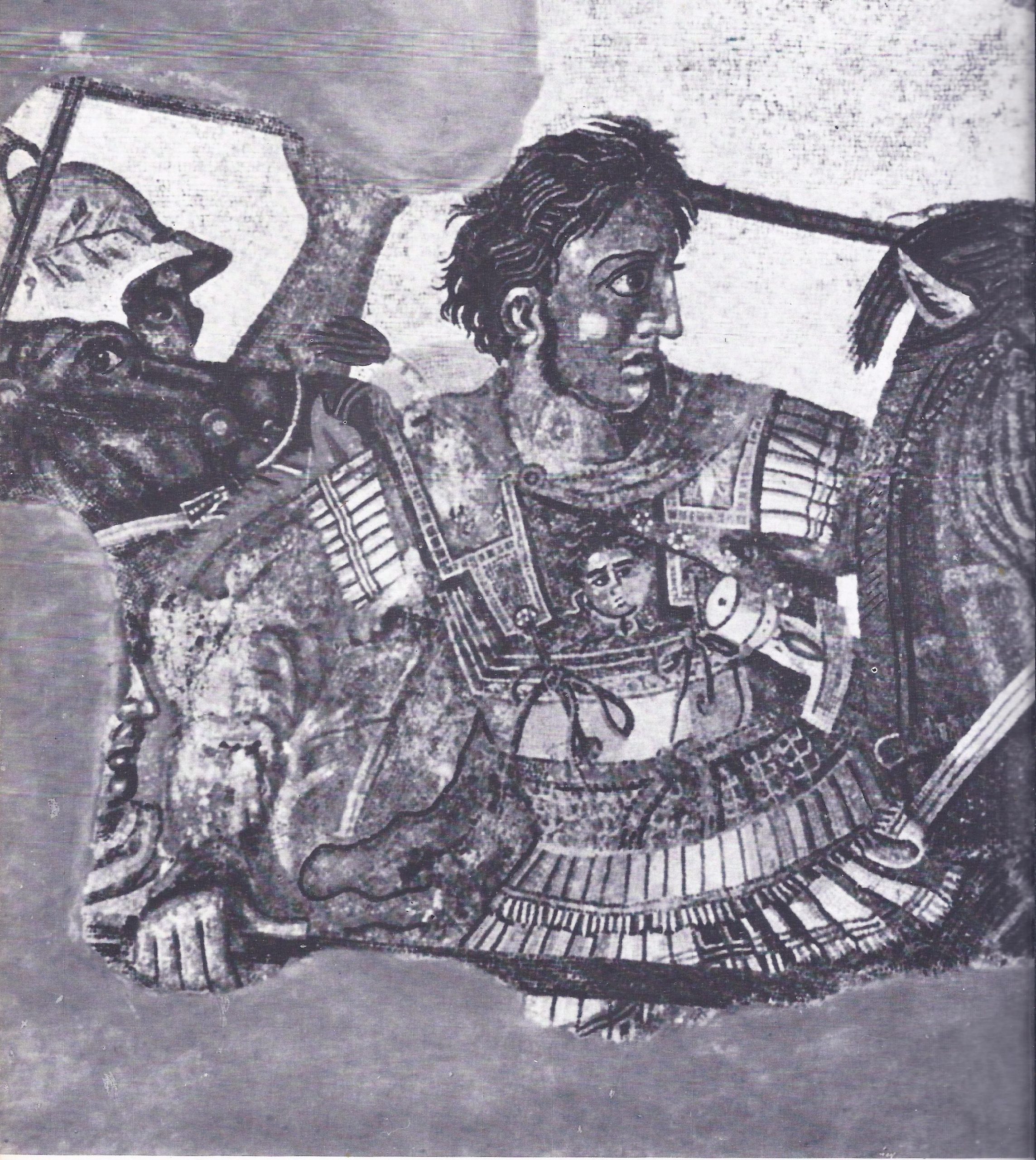The assassination of Julius Caesar in 44 B.C. initiated thirteen years of bloodshed, during which the people who had plotted his death were hunted down and those who remained in positions of power disputed that power among themselves. Finally, the struggle resolved itself into a duel between Octavian, Caesar’s grand-nephew heir and Marc Antony, his most able lieutenant, in alliance with Cleopatra, Queen of Egypt. In the final confrontation at the naval battle of Actium, Marc Antony and Cleopatra were routed and Octavian became ruler of the world as the Emperor Augustus. Egypt’s last bid for world empire had been …
Read More »The Roman Republic is Reborn with Imperial Splendour (73 – 31 B.C.)
The happy judgment of the historian Polybius on the strength of the Roman constitution, because of its mixture of popular, oligarchic and monarchical elements, might certainly appear as an optimistic theorization after the revolt of Spartacus. The Roman state had been shaken by a bitter and violent social disturbance that had only been resolved by two individuals whose power, though technically constitutional, was far too great for the Senate to feel comfortable. Crassus, the multimillionaire and Pompey, the popular general — had succeeded where the regularly appointed consuls had failed and the “extraordinary commands” with which they had been vested …
Read More »The Slaves Revolt (73 B.C.)
As Rome’s armies marched victorious across the known world and her fleets patrolled the Mediterranean, hundreds and thousands of slaves were shipped back to Italy as cheap and expendable labour for the vast estates of the rich. Many worked in chain gangs under the lash of brutal taskmasters or were sent as shepherds to the milder parts of the country. Others were put into gladiatorial establishments, where a cruel and bloody death was an almost certain fate. In such conditions revolt seemed inevitable and after an unsuccessful attempt in Sicily in 135 B.C., a new revolt, under the leadership of …
Read More »Slaves in the Ancient World (217 – 73 B.C.)
Slaves could be imported to Italy when and where they were needed. The demand for labour was immediate and there was a much faster and more predictable solution to such a demand, than encouraging population growth or attracting the movement of free workers. The expansion of Carthage was brought to a grinding halt when the genius of the Roman general Scipio enabled the Romans to defeat the Carthaginians decisively on their own ground, at Zama in North Africa. Hannibal lived out the rest of his life in haunted exile, forever planning to challenge the might of Rome again, whether on …
Read More »Hannibal Challenges Rome (217 B.C.)
Hannibal alone, would have dared embark on such a venture. Two powers confronted each other to dispute mastery of the Mediterranean — Rome and Carthage. The Carthaginians were interested in colonial expansion as an extension of their trading interests, but were prepared to protect those interests if necessary. Rome’s view was essentially different. In fact, some Romans believed that the fates of the two nations were inextricably linked and that they were doomed to a duel to the death. Carthage’s sphere of influence extended over a great deal of the western Mediterranean, so Rome had to become a naval power …
Read More »Rome and Carthage Dispute the Mediterranean (B. C. 221 – 217)
The Great Wall of China did not always keep the invader out, but it did help to establish the geographical identity of the Chinese empire. The exact delineation of the boundaries of the empire gave its administration a positive geographical basis. Rome, similarly, can be traced by the vicissitudes of her rise – from small city-state to mistress of the Mediterranean world and Europe. The ultimate extension of Rome’s power gave her a vast empire and as with the empire of Shih-huangti, her territory was given a positive limit by permanent frontiers. The Great Wall of China has a smaller …
Read More »Great Wall of China (221 B.C.)
The Great Wall of China is probably the world’s most stupendous monument to human ingenuity, human industry and purportedly is the only one of man’s works that could be seen from the moon. Finding his country a patchwork of desperate states, Shih-huang-ti, the first Emperor of China, imposed upon it unity and coherence. Centralized administration demanded swift communications, so a vast network of roads and canals was thrown across the country. Weights and measures were standardized and the same writing script introduced throughout the land. Unity, however, was of little use without security and to protect his new empire from …
Read More »Chinese – New Empire after Alexander (B. C. 323 – 221)
The Chinese grew a new empire in the east, after the death of Alexander the Great. The empire of Cyrus and Xerxes was vast. The empire left by Alexander on his death was even larger and it did not outlast its founder. The most obvious reasons for its immediate breakup were the lack of overall homogeneity, the variety of individual characteristics and political traditions in the area it covered and the Virtual impossibility of establishing a strong central authority to hold it together. The theme of empire is a recurrent one throughout this volume: Xerxes, Alexander, Hannibal, Shih-huang-ti and lastly …
Read More »Alexander the Great Dies (323 B.C.)
Alexander the Great succeeded to the throne upon the assassination of Philip of Macedonia, in northern Greece. This succession, both as king and as leader to the League of Corinth, was his twenty-year-old son Alexander. In addition to the throne, young Alexander inherited his father’s mission to take revenge on the Persians on their own ground. The fulfilling of that mission and its consequences constitute one of the most glittering pages in the history of the ancient world. Alexander may not have wanted to fuse the traditions of East and West in the empire he created, but he gave Hellenism …
Read More »Classical Greece – A Golden Age and New Dynasty Dawn (480 – 323 BC)
Classical Greece was a period during which the finest products of Greek civilization were achieved, has been defined as beginning after the victory over the Persians. Its end is marked by the appearance of Macedonian soldiers in Greece and the capitulation of the Greek cities to their semi-Greek conquerors from the north. This was the first stage in the vast program of military expansion under the Macedonian king, Alexander, which ended with his death. Macedonian expansion changed the whole face of the East: in the West events were less momentous, though in the same year as the battle of Salamis …
Read More »